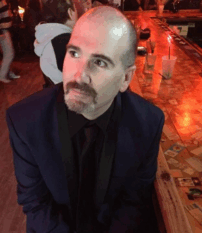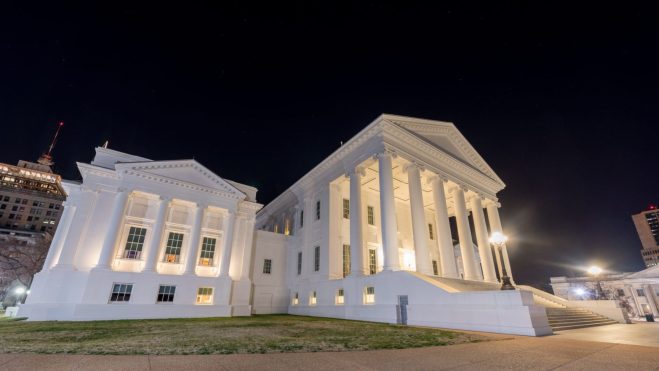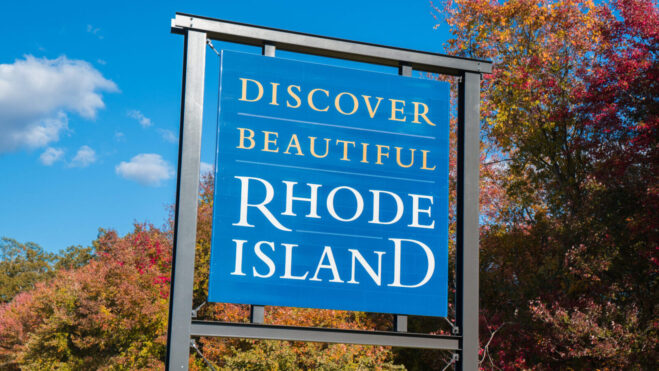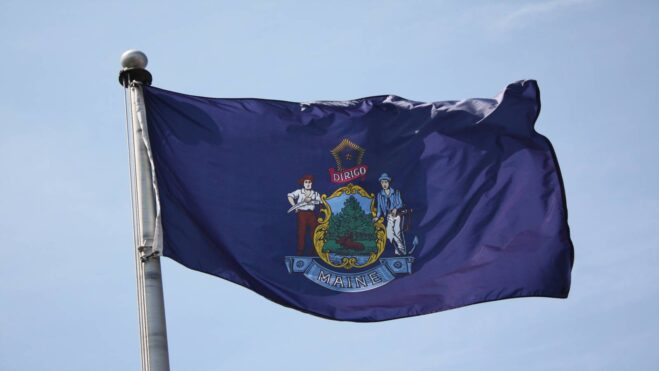US Tennis Association Granted TRO In Metropolitan Park Dispute
Queens casino would be built on land used for US Open tournament parking
3 min
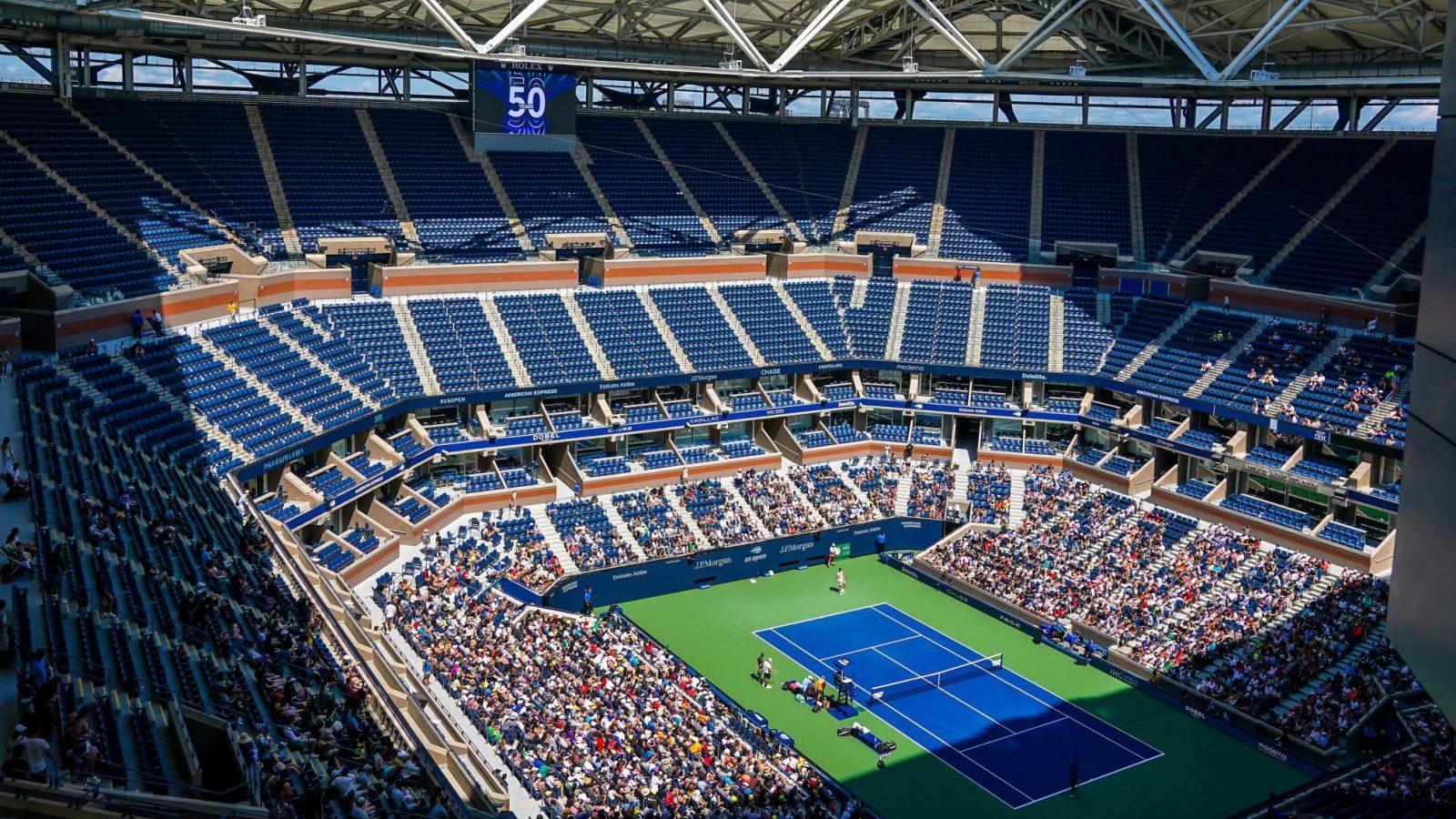
New York Mets owner Steve Cohen’s $8 billion Metropolitan Park casino proposal seemed an overhead smash away from obtaining one of up to three downstate New York casino licenses, but the United States Tennis Association (USTA) has other ideas and is attempting a lob over Cohen’s head.
Last Wednesday, the USTA filed a lawsuit against New York City Mayor Eric Adams’ administration asking a judge to issue a temporary restraining order (TRO) blocking construction of the casino on what is currently a Citi Field parking lot. On Friday, Manhattan Supreme Court Judge Nancy Bannon granted the TRO, throwing at least a minor hiccup into the plans of Cohen and partner Hard Rock Entertainment.
This development comes at a critical juncture in the process of determining which proposals will receive casino licenses.
Over the course of the day Monday, the New York State Gaming Commission’s Gaming Floor Location Board (GFLB) was scheduled to tour the facilities and examine plans of the three remaining contenders to make a variety of assessments. Metropolitan Park was slated for a noon tour, preceded by a tour of the Bally’s proposal at Ferry Point in the Bronx and followed by a trip to the Resorts World racino in Ozone Park looking to expand into a full casino.
The GFLB is working with a deadline of Dec. 1 — two weeks away — to decide whether to issue licenses, at a cost of $500 million each, to all three sites or possibly leave out one or more of the bids.
At issue: a ‘superiority clause’
The USTA contends in its lawsuit that a “superiority clause” negotiated between itself — referred to as the National Tennis Center (NTC) in court filings — and the city gives the organization first priority access to land that is currently a parking lot adjacent to Citi Field for the approximately three weeks every year the U.S. Open is held from mid-August through early September. The USTA estimated more than 1.1 million fans attended the Grand Slam event this year.
Other terms of the lease designed to protect the commercial interests of the NTC include special parking rights for U.S. Open patrons, a requirement that the city prevent competing events outside of Mets home games that would “materially and adversely affect the U.S. Open,” and the NTC receiving exclusive rights over concessions, marketing, and hospitality offerings in the park.
The NTC further contends the lease includes a superiority clause that “requires the City to include in every subsequently entered ‘deed, lease or license’ with third persons involving specified city-owned lands around the NTC facilities a statement: namely, that all rights granted under such subsequently entered deed, lease or license ‘are subject and subordinate in all respects to the rights of the USTA National Tennis Center.’”
The group claims the city failed to enforce the superiority clause earlier this year on an unspecified competing event — reportedly a Billy Joel concert in August that was canceled when the singer fell ill — and has not responded to repeated requests to enforce the clause.
Specific to the Metropolitan Park proposal, the NTC filed the lawsuit because the “City is poised to finalize a binding agreement (and possibly other agreements) with third party Queens Future, LLC (“Queens Future”) for the construction and operation of a large casino complex on lands north of the NTC facilities that are subject to the Superiority Clause in the NTC-City Lease.”
The “negotiated binding” finalizing of that agreement, according to the lawsuit, could have come as early as Monday, according to documents filed by Queens Future in late June.
A spokesperson for the Metropolitan Park project confirmed that pre-development agreement was signed and included the superiority clause Monday, emailing a statement that read: “This moves forward Metropolitan Park as a comprehensive transformation of the area that embraces the existing sports attractions to create a world-class sports and entertainment destination in the heart of Queens. This is a positive step forward for the local community and fans.”
The NTC claims the city has given it no assurances the superiority clause will continue to exist in any agreement with Queens Future despite repeated requests and also claims the city has refused to share any drafts of the lease agreement to confirm the superiority clause would be included.
Metropolitan Park weighs in
Though Metropolitan Park is not named as a defendant in the lawsuit, it did file a “memorandum of law in opposition” to the motion for the TRO on Friday.
In its preliminary statement, Metropolitan Park officials blasted the USTA, saying it knew about the casino project since “at least” 2023 and called the TRO request “an eleventh hour filing.”
It added that the relief sought by the USTA would “cause immense and irreparable harm not only to Queens Future but also to the State and City of New York by jeopardizing the Project that is expected to generate more than $33.5 billion in tax revenue over the next 30 years, in addition to an investment of $500 million in licensing fees for immediate support of the under-funded Metropolitan Transportation Authority.”
Eric Raskin contributed to this story.
